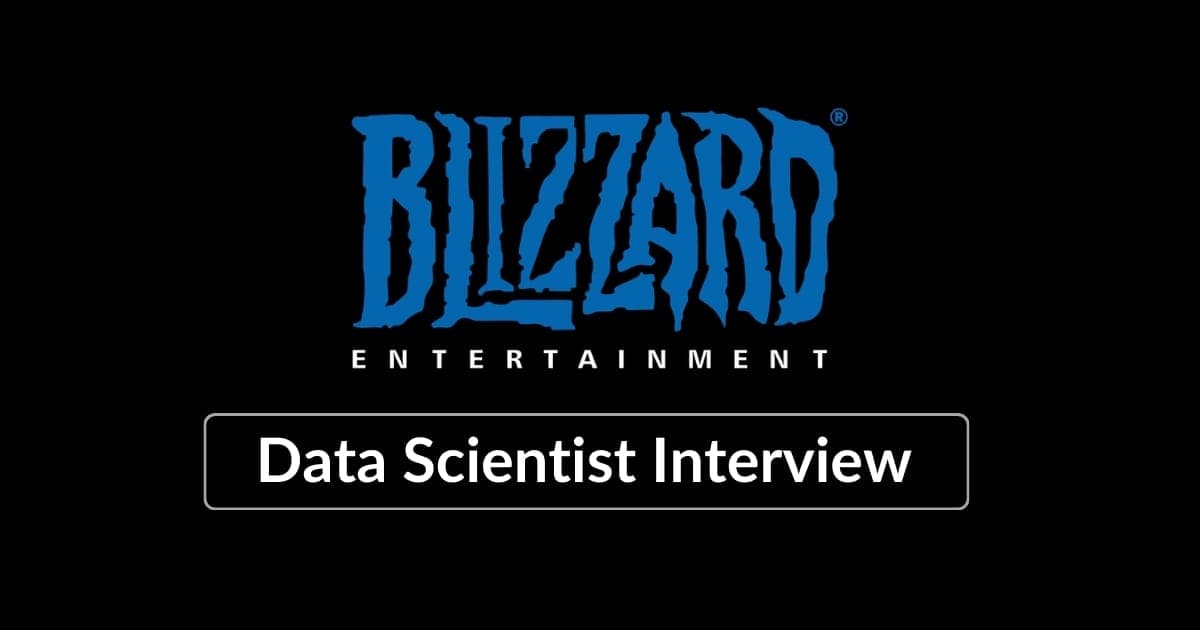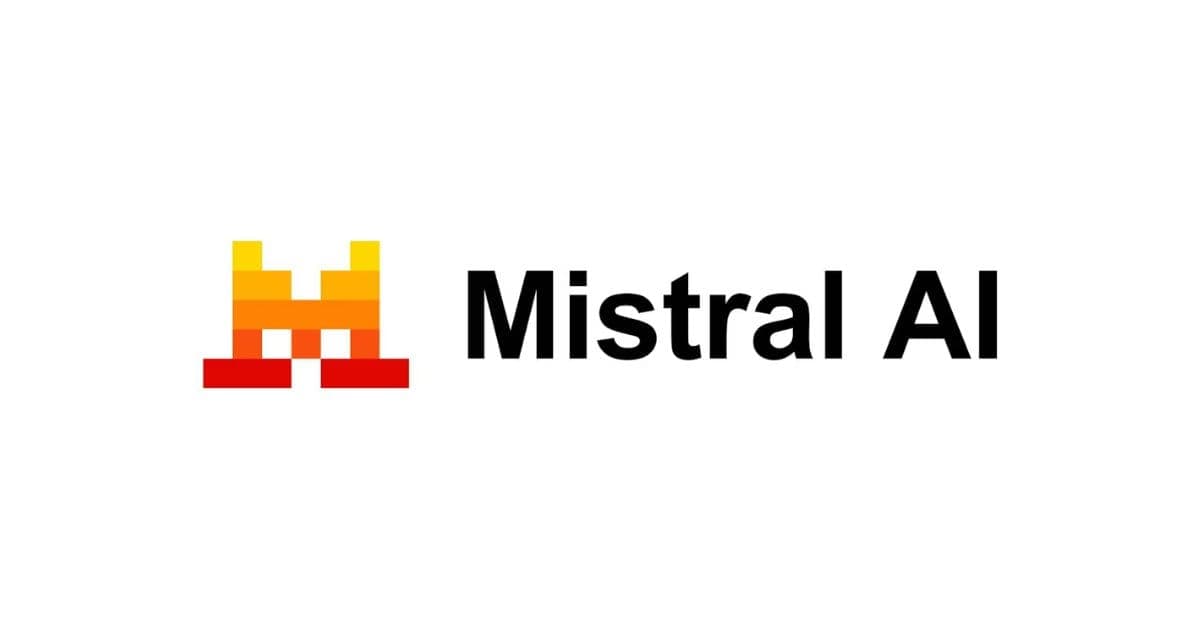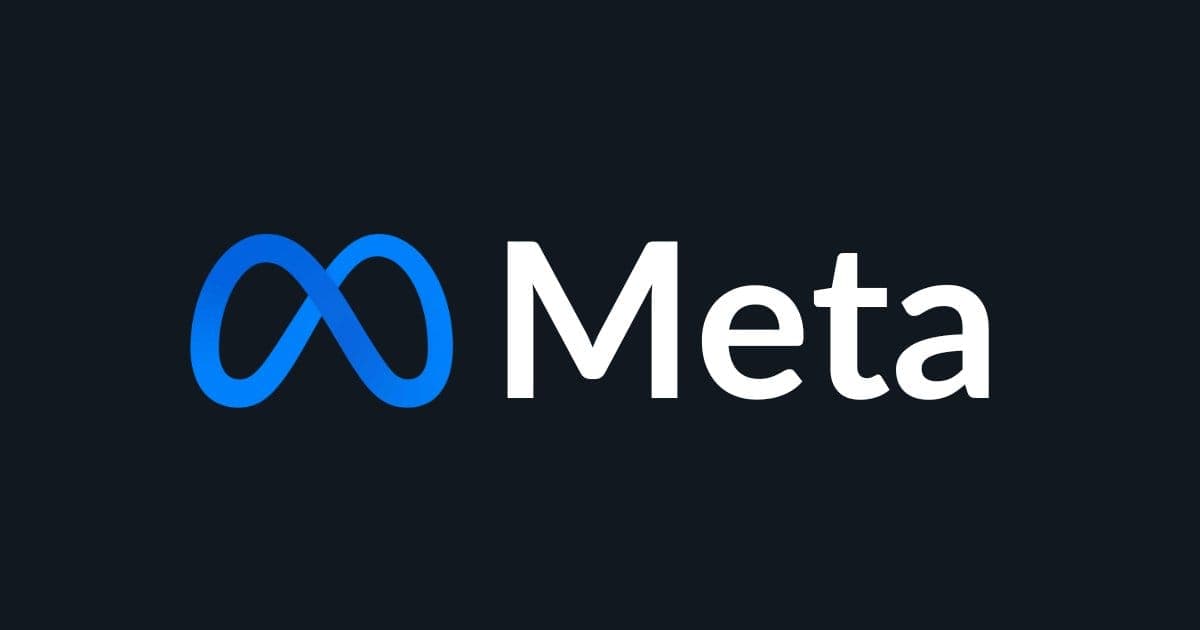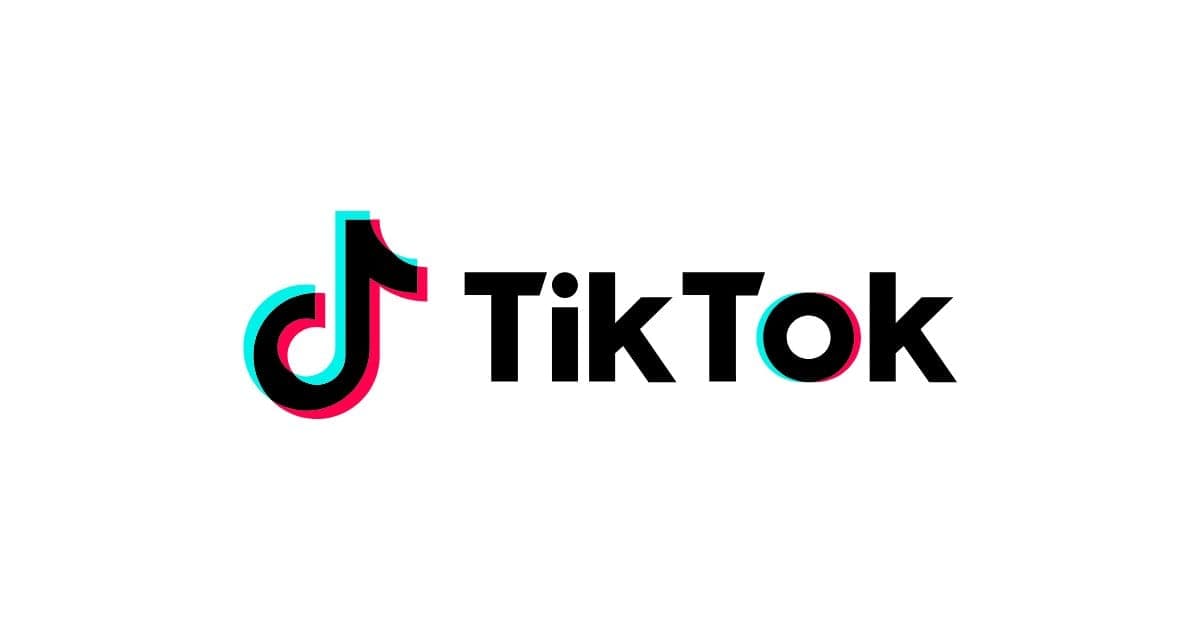Are you preparing for a Data Scientist interview at Blizzard Entertainment? This comprehensive guide will provide you with insights into Blizzard's interview process, the essential skills required, and strategies to help you excel in your interview.
As a Data Scientist at Blizzard, you will play a crucial role in enhancing the gaming experience for millions of players around the globe. Understanding Blizzard's unique approach to data science and their expectations can give you a significant advantage in the competitive job market.
We will explore the interview structure, highlight the types of questions you may encounter, and offer tips to help you navigate each stage with confidence.
Let’s dive in 👇
1. Blizzard Entertainment Data Scientist Job
1.1 Role Overview
At Blizzard Entertainment, Data Scientists play a pivotal role in enhancing the gaming experience for millions of players worldwide. This position requires a unique combination of technical prowess, analytical skills, and a passion for gaming to derive insights that inform game development and player engagement strategies. As a Data Scientist at Blizzard, you will work closely with cross-functional teams to tackle complex problems and contribute to the creation of unforgettable gaming experiences.
Key Responsibilities:
- Analyze player behavior and game performance to optimize user experience and engagement.
- Develop predictive models to forecast player trends and inform game design decisions.
- Create and maintain data visualizations and dashboards to support decision-making for game developers and stakeholders.
- Conduct experiments and A/B testing to evaluate the impact of game features and updates.
- Collaborate with teams across engineering, design, and marketing to align on data-driven strategies and objectives.
- Ensure data integrity and build robust data pipelines to support analytics initiatives.
Skills and Qualifications:
- Proficiency in SQL, Python, and data analysis techniques.
- Experience with machine learning algorithms and data modeling.
- Expertise in data visualization tools such as Tableau or similar platforms.
- Strong understanding of experimental design and A/B testing methodologies.
- Ability to manage projects from conception to execution, including risk assessment and impact analysis.
- Excellent communication skills to convey complex data insights to non-technical stakeholders.
1.2 Compensation and Benefits
Blizzard Entertainment offers a competitive compensation package for Data Scientist roles, reflecting its commitment to attracting skilled professionals in the gaming and technology sectors. The compensation structure includes a base salary, stock options, and potential bonuses, providing a comprehensive package that rewards performance and contribution to the company.
Example Compensation Breakdown by Level:
| Level Name | Total Compensation | Base Salary | Stock (/yr) | Bonus |
|---|---|---|---|---|
| Data Scientist I | $109K - $154K+ | $109K - $146K | RSUs (vesting 33.33% per year for 3 years) | NA |
| Data Scientist II | $123K - $154K+ | $123K - $146K | RSUs (vesting 33.33% per year for 3 years) | NA |
| Senior Data Scientist | $154K+ | $146K+ | RSUs (vesting 33.33% per year for 3 years) | NA |
Additional Benefits:
- Participation in Blizzard's stock programs, including restricted stock units (RSUs) with a vesting schedule that promotes long-term commitment.
- Comprehensive health, dental, and vision insurance plans.
- Generous paid time off and flexible work arrangements to support work-life balance.
- Opportunities for professional development and career advancement through training and mentorship programs.
- Employee discounts on Blizzard products and services.
Tips for Negotiation:
- Research industry standards for data scientist compensation in your area to understand the market range.
- Consider the total compensation package, including stock options and benefits, when evaluating offers.
- Highlight your unique skills and experiences that align with Blizzard's goals during negotiations to strengthen your position.
Blizzard Entertainment's compensation structure is designed to reward innovation, collaboration, and excellence in the gaming industry. For more details, visit Blizzard's careers page.
2. Blizzard Entertainment Interview Process and Timeline
Average Timeline: 4-6 weeks
2.1 Resume Screen
The first stage of Blizzard Entertainment’s Data Scientist interview process is a resume review. Recruiters assess your background to ensure it aligns with the job requirements. Given the competitive nature of this step, presenting a strong, tailored resume is crucial.
What Blizzard Looks For:
- Proficiency in Python, SQL, and advanced statistical analysis.
- Experience in machine learning, A/B testing, and analytics.
- Projects that demonstrate innovation, business impact, and collaboration with non-technical teams.
Tips for Success:
- Highlight experience with game analytics, player behavior analysis, or predictive modeling.
- Emphasize projects involving machine learning, statistical modeling, or data-driven decision-making.
- Use keywords like "collaboration," "communication skills," and "data-driven solutions."
- Tailor your resume to showcase alignment with Blizzard’s mission of creating epic entertainment experiences.
Consider a resume review by an expert recruiter who works at FAANG to ensure your resume stands out.
2.2 Recruiter Phone Screen
In this initial call, the recruiter reviews your background, skills, and motivation for applying to Blizzard Entertainment. They will provide an overview of the interview process and discuss your fit for the Data Scientist role.
Example Questions:
- Can you describe a particularly challenging data science project you've worked on?
- How do you approach the challenge of underfitting and overfitting in your machine learning models?
- How have you contributed to cross-functional team projects?
Prepare a concise summary of your experience, focusing on key accomplishments and business impact.
2.3 Technical Screen
This round evaluates your technical skills and problem-solving abilities. It typically involves technical questions related to data science, including machine learning, algorithms, and analytics.
Focus Areas:
- Machine Learning: Discuss model evaluation metrics, bias-variance tradeoffs, and feature engineering.
- Analytics: Share experiences where you collaborated with non-technical teams to implement data-driven solutions.
- SQL and Python: Demonstrate proficiency in writing queries and scripts to manipulate and analyze data.
Preparation Tips:
Practice SQL and Python exercises involving real-world scenarios, focusing on game data and player behavior analysis.
2.4 Onsite Interviews
The onsite interview typically consists of multiple rounds with data scientists, managers, and cross-functional partners. Each round is designed to assess specific competencies.
Key Components:
- Technical Challenges: Solve exercises that test your ability to manipulate and analyze data effectively.
- Real-World Business Problems: Address complex scenarios involving A/B testing, player engagement, or machine learning models.
- Behavioral Interviews: Discuss past projects, collaboration, and adaptability to demonstrate cultural alignment with Blizzard.
Preparation Tips:
- Review core data science topics, including statistical testing, experiment design, and machine learning algorithms.
- Research Blizzard’s games and services, and think about how data science could enhance player experiences.
- Practice structured and clear communication of your solutions, emphasizing actionable insights.
For Personalized Guidance:
Consider mock interviews or coaching sessions to simulate the experience and receive tailored feedback. This can help you fine-tune your responses and build confidence.
Blizzard Entertainment Data Scientist Interview
Machine Learning Questions
Machine learning questions at Blizzard Entertainment assess your understanding of algorithms, model evaluation, and problem-solving techniques relevant to gaming and entertainment data.
Example Questions:
- Can you describe a particularly challenging data science project you've worked on?
- How do you approach the challenge of underfitting and overfitting in your machine learning models?
- Explain the bias-variance tradeoff and its importance in model selection.
- How would you design a machine learning model to predict player retention in a new game?
- What techniques would you use to handle missing data in a dataset?
For more insights into machine learning, check out the Machine Learning Course.
SQL Questions
SQL questions evaluate your ability to manipulate and analyze data using complex queries. Below are example tables Blizzard Entertainment might use during the SQL round of the interview:
Players Table:
| PlayerID | PlayerName | JoinDate | Region |
|---|---|---|---|
| 1 | Thrall | 2023-01-01 | NA |
| 2 | Jaina | 2023-02-01 | EU |
| 3 | Arthas | 2023-03-01 | AS |
Games Table:
| GameID | GameName | ReleaseDate | Genre |
|---|---|---|---|
| 1 | World of Warcraft | 2004-11-23 | MMORPG |
| 2 | Overwatch | 2016-05-24 | FPS |
| 3 | Diablo III | 2012-05-15 | ARPG |
Example Questions:
- Player Count by Region: Write a query to count the number of players in each region.
- Recent Players: Write a query to find players who joined in the last 30 days.
- Game Release Analysis: Write a query to list games released after 2010, sorted by release date.
- Genre Distribution: Write a query to calculate the percentage of games in each genre.
- Player-Game Join: Write a query to join players with games they have played, assuming a third table exists linking players to games.
Practice SQL queries on DataInterview SQL pad.
Behavioral Questions
Behavioral questions assess your ability to work collaboratively, navigate challenges, and align with Blizzard Entertainment’s mission and values.
Example Questions:
- Describe a time you used data to influence a product or business decision.
- How do you approach balancing multiple projects and deadlines?
- Share an example of a challenging dataset you worked with and how you handled it.
- Tell me about a time you disagreed with a teammate on a data analysis approach and how you resolved it.
- How do you incorporate feedback into your work to ensure continuous improvement?
4. How to Prepare for the Blizzard Entertainment Data Scientist Interview
4.1 Understand Blizzard’s Business Model and Products
To excel in open-ended case studies at Blizzard Entertainment, it’s crucial to understand their business model and product offerings. Blizzard is renowned for creating immersive gaming experiences through titles like World of Warcraft, Overwatch, and Diablo. Their business model revolves around game sales, in-game purchases, and subscription services.
Key Areas to Understand:
- Revenue Streams: How Blizzard generates income through game sales, expansions, and in-game purchases.
- Player Engagement: The role of data science in enhancing player satisfaction and driving engagement.
- Game Ecosystem: How Blizzard creates a cohesive experience across different game genres and platforms.
Understanding these aspects will provide context for tackling product and business case questions, such as analyzing player retention strategies or proposing data-driven enhancements to game features.
4.2 Master Blizzard’s Technical Requirements
Familiarity with the technical skills required for the Data Scientist role at Blizzard is essential for success in technical interviews.
Key Skills:
- SQL and Python: Proficiency in writing complex queries and scripts to manipulate and analyze game data.
- Machine Learning: Experience with algorithms, model evaluation, and feature engineering relevant to gaming data.
- Data Visualization: Expertise in tools like Tableau to create dashboards that support decision-making.
These skills will help you navigate technical questions and demonstrate your ability to derive actionable insights from data.
Consider enrolling in a Data Scientist Interview Bootcamp to strengthen these skills.
4.3 Align with Blizzard’s Mission and Values
Blizzard’s mission is to create epic entertainment experiences. Aligning your preparation with this mission is key to showcasing your cultural fit during interviews.
Core Values:
- Commitment to quality and innovation in gaming.
- Collaboration across diverse teams and disciplines.
- Dedication to data-driven decision-making and player-centric solutions.
Showcase Your Fit:
Reflect on your experiences where you:
- Used data to enhance player experiences or game features.
- Innovated on existing processes or products.
- Collaborated effectively with diverse teams to achieve shared goals.
Highlight these examples in behavioral interviews to authentically demonstrate alignment with Blizzard’s mission and values.
4.4 Strengthen Your SQL and Coding Skills
Blizzard emphasizes technical rigor, making SQL and programming proficiency essential for success in their data science interviews.
Key Focus Areas:
- SQL Skills:
- Master joins (INNER, LEFT, RIGHT) and aggregations (SUM, COUNT, AVG).
- Understand window functions and build complex queries using subqueries.
- Programming Skills:
- Python: Focus on data manipulation with pandas and NumPy.
- Machine Learning: Brush up on libraries like scikit-learn for model building and evaluation.
Preparation Tips:
- Practice SQL queries on real-world scenarios, such as player engagement and game performance analysis.
- Use platforms like DataInterview SQL pad for additional practice!
- Be ready to explain your logic and optimization strategies during coding challenges.
4.5 Practice with a Peer or Interview Coach
Simulating the interview experience can significantly improve your confidence and readiness. Mock interviews with a peer or coach can help you refine your answers and receive constructive feedback.
Tips:
- Practice structuring your answers for product case and technical questions.
- Review common behavioral questions to align your responses with Blizzard’s values.
- Engage with professional coaching services such as DataInterview.com for tailored, in-depth guidance and feedback.
Consider engaging with coaching platforms like DataInterview.com for tailored preparation. Mock interviews will help you build communication skills, anticipate potential challenges, and feel confident during Blizzard’s interview process.
5. FAQ
- What is the typical interview process for a Data Scientist at Blizzard Entertainment?
The interview process generally includes a resume screen, recruiter phone screen, technical interviews, and onsite interviews. The entire process typically spans 4-6 weeks. - What skills are essential for a Data Scientist role at Blizzard Entertainment?
Key skills include proficiency in SQL and Python, experience with machine learning algorithms, data visualization tools (like Tableau), and a strong understanding of experimental design and A/B testing methodologies. - How can I prepare for the technical interviews?
Focus on practicing SQL queries and Python coding problems, particularly those related to game data and player behavior analysis. Review machine learning concepts, statistical analysis, and A/B testing techniques relevant to gaming. - What should I highlight in my resume for Blizzard Entertainment?
Emphasize your experience with game analytics, player behavior analysis, and projects that demonstrate innovation and collaboration with cross-functional teams. Tailor your resume to align with Blizzard’s mission of creating epic entertainment experiences. - How does Blizzard evaluate candidates during interviews?
Candidates are assessed on their technical skills, problem-solving abilities, and cultural fit. There is a strong emphasis on collaboration, communication, and the ability to derive actionable insights from data. - What is Blizzard Entertainment’s mission?
Blizzard’s mission is to create epic entertainment experiences that engage and inspire players around the world through innovative gaming. - What are the compensation levels for Data Scientists at Blizzard Entertainment?
Compensation for Data Scientists ranges from approximately $109K to $154K+, depending on the level of experience and role, with additional benefits such as stock options, bonuses, and comprehensive health coverage. - What should I know about Blizzard’s business model for the interview?
Understanding Blizzard’s business model, which includes game sales, in-game purchases, and subscription services, is crucial. Familiarity with how data science enhances player engagement and satisfaction will be beneficial for case study questions. - What are some key metrics Blizzard tracks for success?
Key metrics include player retention rates, engagement levels, churn rates, and revenue generated from in-game purchases and subscriptions. - How can I align my responses with Blizzard’s mission and values?
Highlight experiences that demonstrate your commitment to quality, innovation, and collaboration. Discuss how you have used data to enhance player experiences or drive data-driven decision-making in previous roles.




